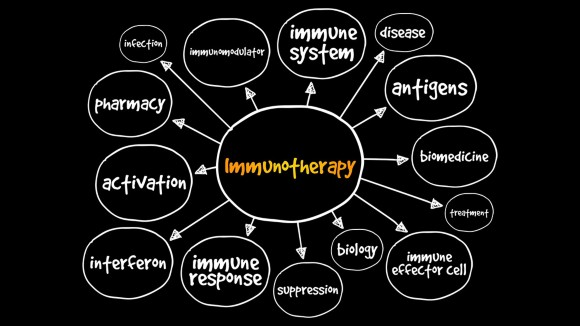
Gaetano Gallo, MD, PhD Sapienza University of Rome, Italy
Gaetano Gallo is an Assistant Professor in the Department of Surgery at “La Sapienza” University of Roma, Roma, Italy. He has a clinical and academic interest in Proctology (Haemorrhoidal Disease, Perianal and Rectovaginal Fistulas, Rectal Prolapse), Functional and Pelvic Floor Disorders, IBD and Microbiome and Colorectal Cancer. He has written more than 300 articles, including several national and international guidelines on colorectal diseases. He is currently a member of the European Society of Coloproctology (ESCP) Guidelines and Cohort Studies Committees. He has been an Editorial Board Member for Scientific Reports since 2024.
 Chinmay Jani, MD, Sylvester Comprehensive Cancer Center at the University of Miami, USA
Chinmay Jani, MD, Sylvester Comprehensive Cancer Center at the University of Miami, USA
Chinmay Jani is a Clinical Fellow in Hematology and Oncology at Sylvester Cancer Center, University of Miami and has served as the Chief Medical Resident at Mount Auburn Hospital, Harvard Medical School, Boston, USA. His predominant research interest is in understanding mechanisms of resistance to immunotherapy and exploring various pathways and treatment strategies aimed at overcoming such resistance. In the past, he has worked on assessing the efficacy of immunotherapy using real-world Lung Cancer data and examining the association between immune-related adverse events (irAEs) and treatment outcomes.He has been Editorial Board Member for Scientific Reports since 2023.
 Xu-jie Zhou, MD, PhD, Peking University First Hospital, China
Xu-jie Zhou, MD, PhD, Peking University First Hospital, China
Xu-jie Zhou is an Associate Professor and a Principal Investigator at Peking University First Hospital. His research interests are mainly focused on genetic, mechanism and intervention studies in both complex kidney disease as well as hereditary kidney disease.He has won the National Natural Science Foundation of China Outstanding Youth Fund and the Fok Ying-tung Education Fund. He has been an Editorial Board Member for Scientific Reports since 2015.

